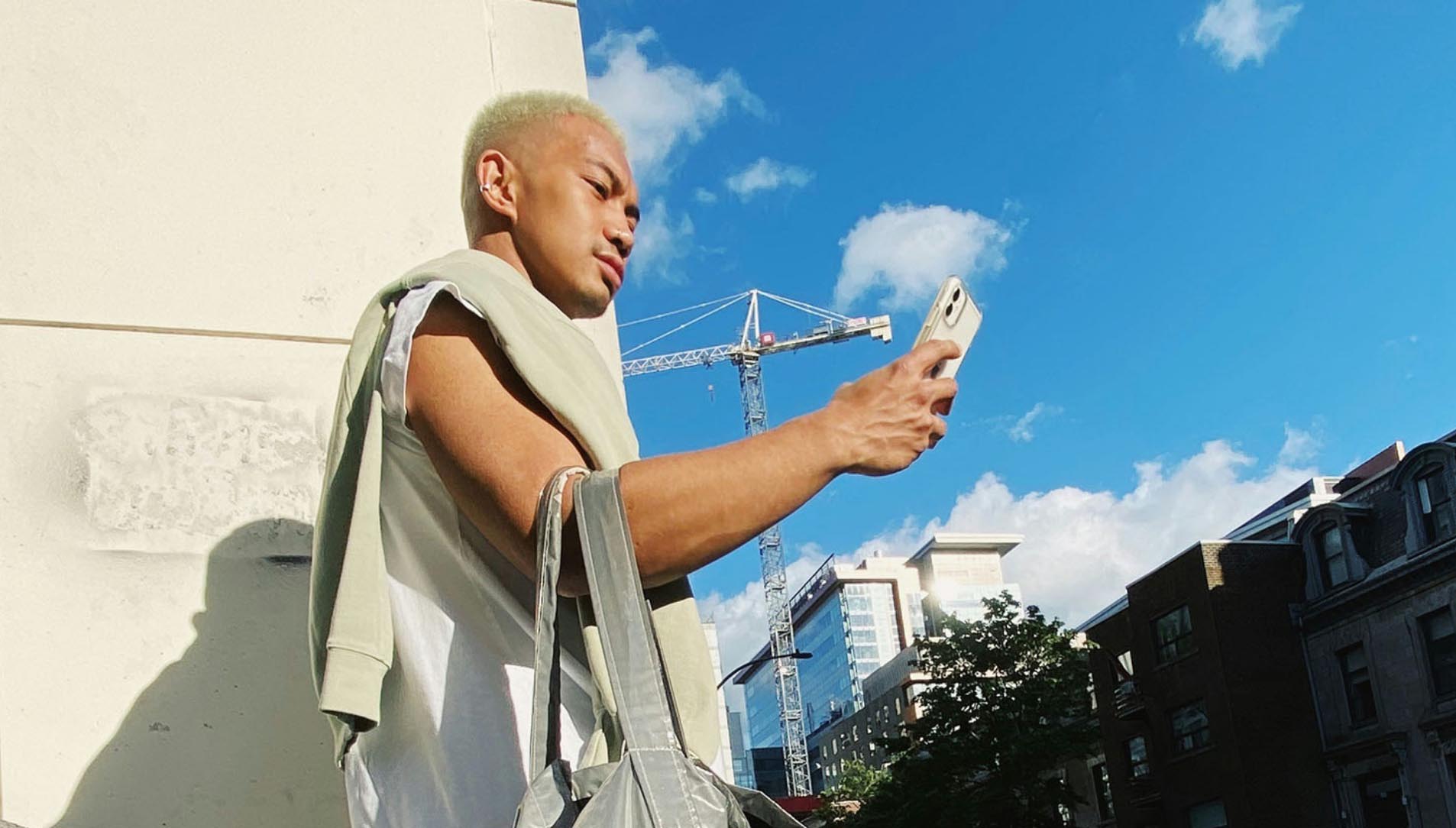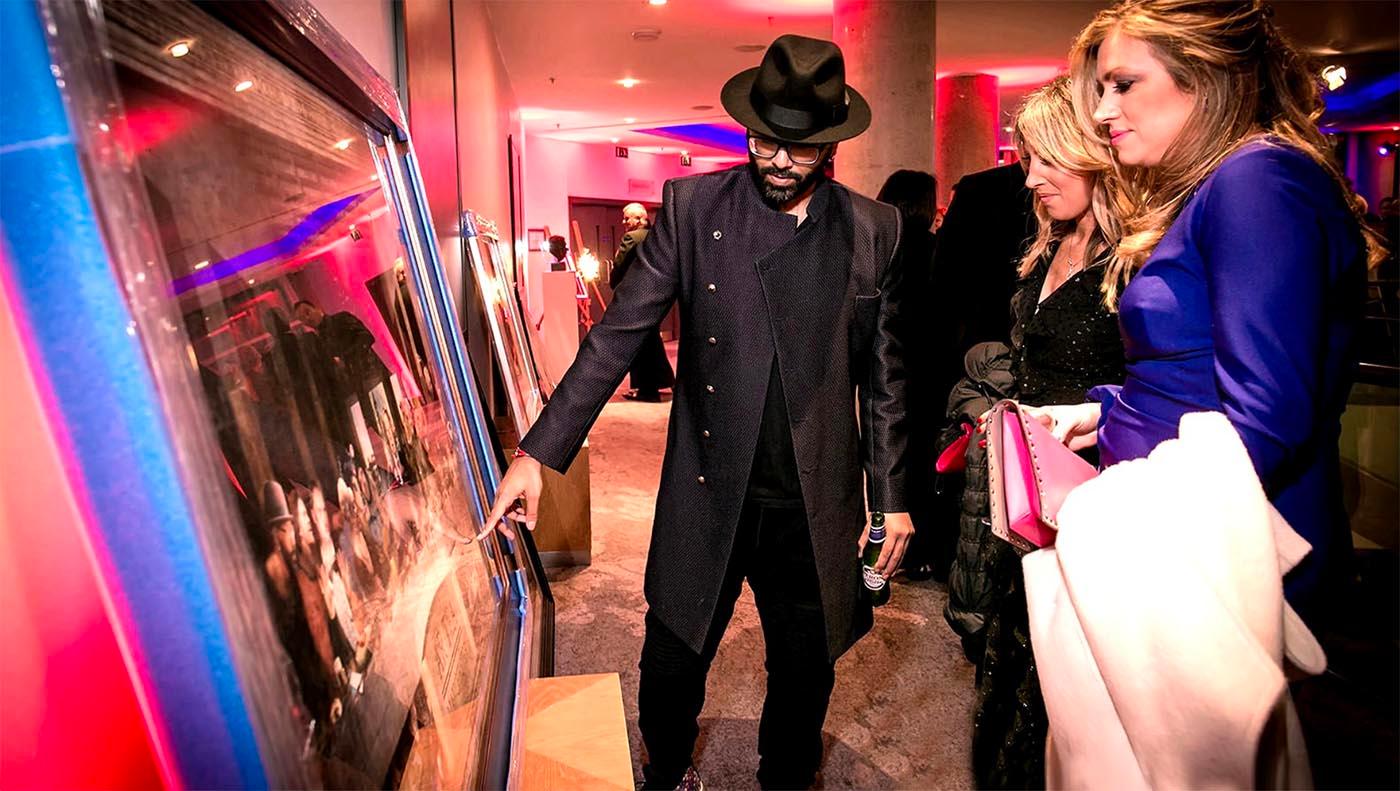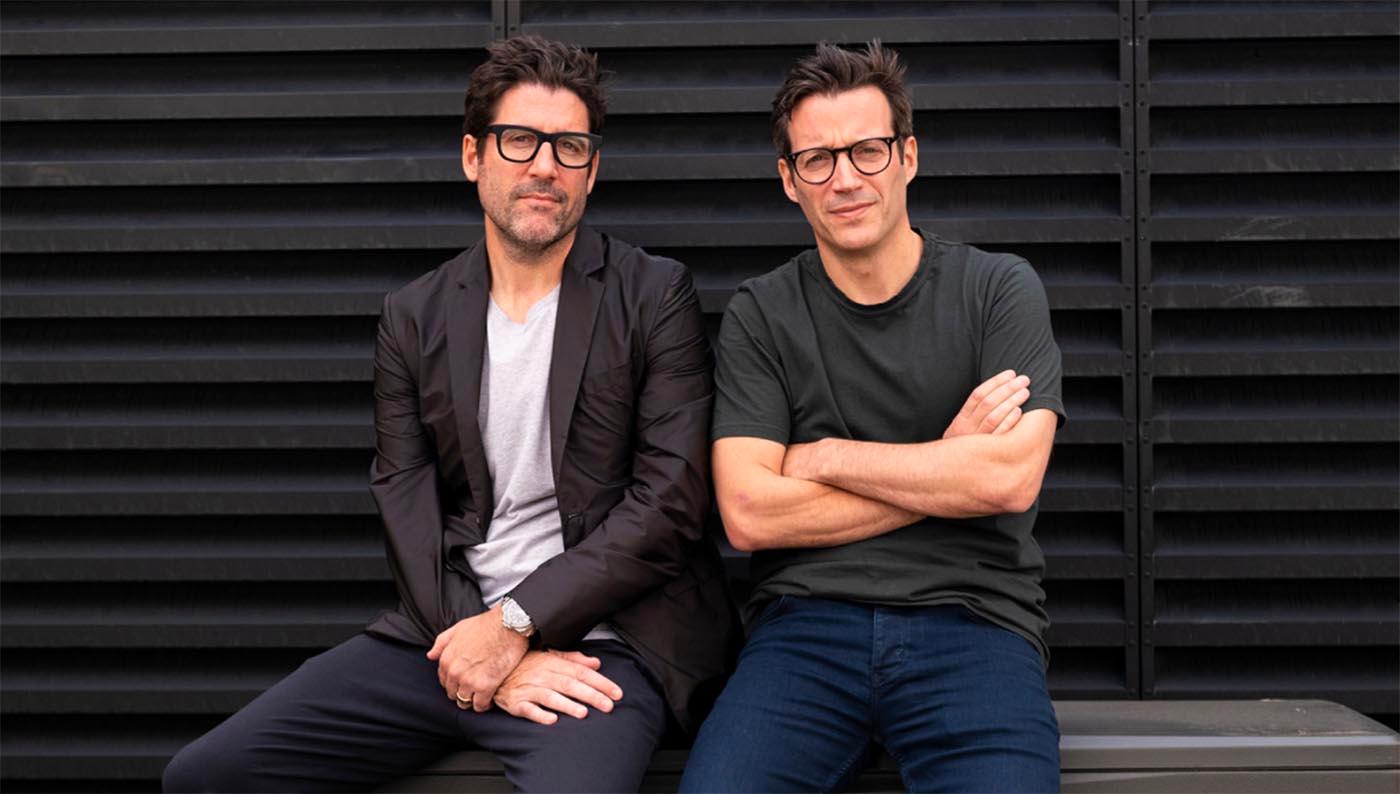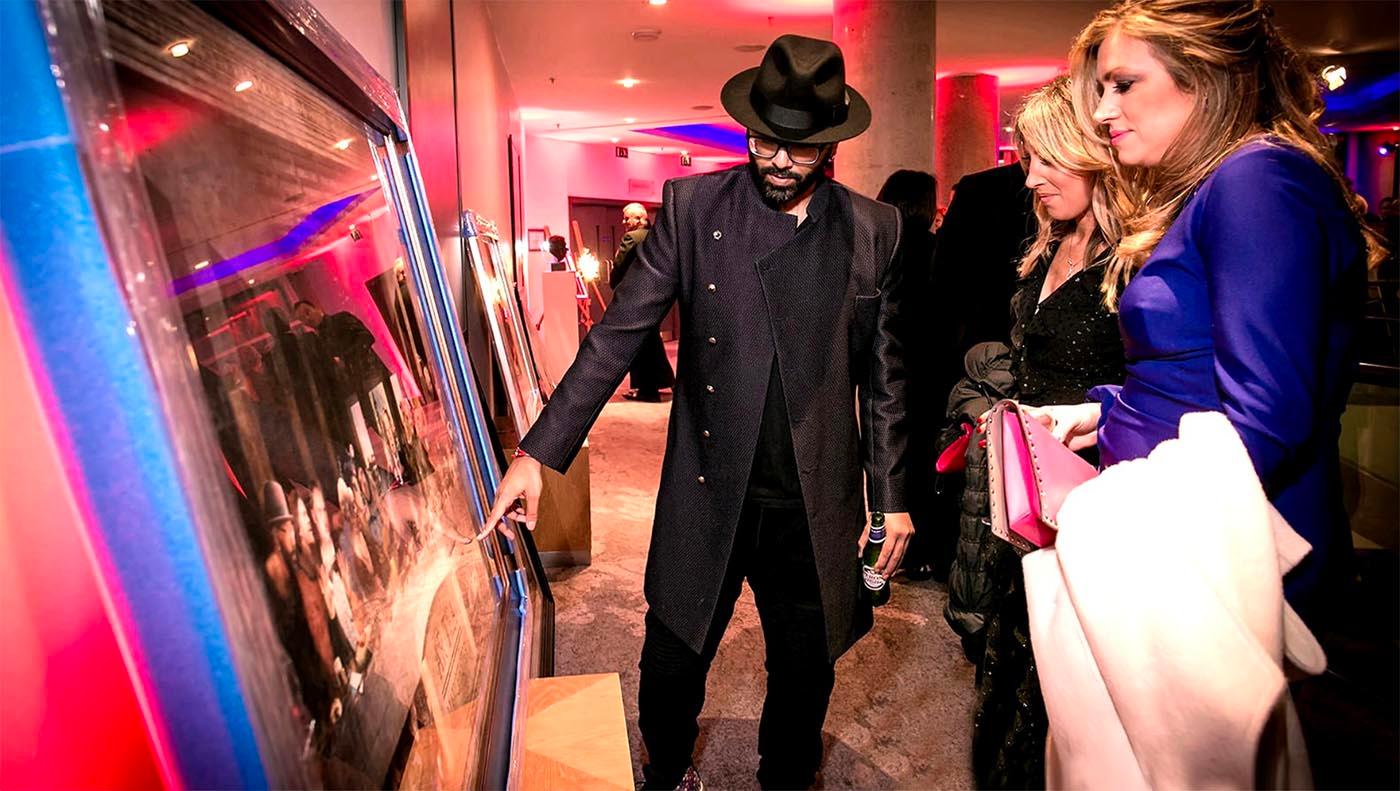Social Media: The Runway of the Modern World

Social media has irrevocably transformed the fashion industry, morphing it from a top-down model dictated by designers and editors to a dynamic, consumer-driven ecosystem. Platforms like Instagram, TikTok and Pinterest have democratised fashion, allowing anyone with a smartphone to become a trendsetter.
Gone are the days when fashion trends filtered down slowly from catwalks to high streets. Now, trends can be born instantaneously, propelled by the viral power of social media. A viral TikTok dance challenge can elevate a particular sneaker style to cult status overnight, bypassing traditional marketing channels entirely. Influencers, once seen as mere tastemakers, have become powerful forces, capable of shaping consumer desires and driving sales.
However, the rapid pace of trend cycles fuelled by social media has also led to concerns about fast fashion and overconsumption. The pressure to stay updated with the latest trends can create a culture of disposable fashion, contributing to environmental issues. Nevertheless, social media has also been a platform for promoting sustainability and ethical fashion, with influencers championing conscious consumption and eco-friendly brands.
Beyond driving trends, social media has revolutionised the way consumers shop. Platforms like Instagram and TikTok now offer in-app shopping experiences, blurring the lines between discovery and purchase. User-generated content, such as outfit inspiration and product reviews, has become increasingly influential in consumer decision-making.
The advent of social media has also created a new breed of fashion icon. These influencers, often ordinary people with a keen sense of style, can amass millions of followers and wield significant influence over their audience's purchasing decisions. Brands now collaborate with these influencers to reach a broader and more engaged audience. This symbiotic relationship has blurred the lines between advertising and personal recommendation, making marketing more organic and effective.
Social media platforms have enabled brands to connect with consumers on a more personal level. Through interactive content like polls, Q&A sessions and live videos, brands can engage directly with their audience, fostering a sense of community and loyalty. This direct line of communication has made the fashion industry more responsive to consumer feedback and trends.

The visual nature of platforms like Instagram and Pinterest has also spurred creativity within the fashion industry. Designers and brands can showcase their collections in innovative ways, reaching a global audience without the need for traditional fashion shows. This has opened up opportunities for smaller, independent brands to gain visibility and compete with established names.
Despite the many advantages, the impact of social media on fashion is not without its challenges. The constant pressure to present a perfect image can lead to unrealistic beauty standards and a homogenised sense of style. Additionally, the emphasis on quick, trend-driven fashion can overshadow the value of timeless design and quality craftsmanship.
In response to these challenges, there has been a growing movement towards slow fashion and sustainability. Influencers and brands are increasingly promoting mindful consumption, encouraging their followers to invest in high-quality pieces that stand the test of time. Social media has become a powerful platform for educating consumers about the environmental impact of their fashion choices and advocating for change within the industry.
Social media has undeniably reshaped the fashion industry, giving birth to a new era of democratised trends, influencer culture and instant gratification. As the digital landscape continues to evolve, it will be fascinating to observe how social media will further redefine the future of fashion. While it presents challenges, it also offers unprecedented opportunities for creativity, connectivity and positive change. The fashion industry, much like social media itself, is in a constant state of flux, continually adapting to the shifting landscape of consumer behaviour and technological advancement.














